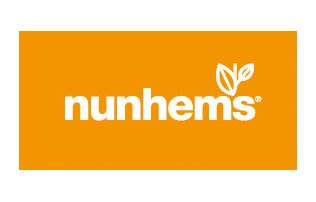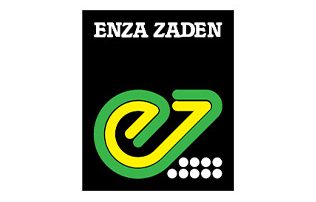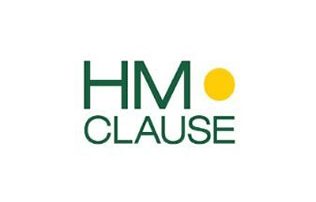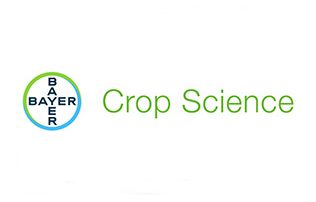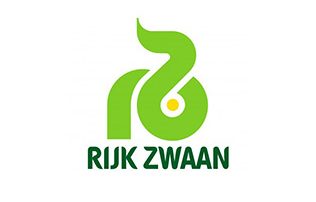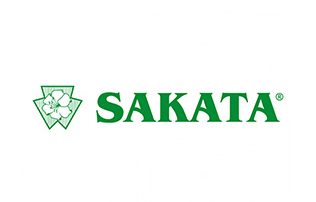What is Seed HD?
Seed HD, or the Seed Health Dashboard, was originally launched as a pilot program in 2016 known as the National Seed Health Accreditation Pilot Program (NSHAPP). The goal was to develop a model for a voluntary system of testing seeds imported into the USA for pathogens of phytosanitary concern. In response to the detection of foreign pathogens in the US, USDA-APHIS has partnered with the seed industry to screen imported seed with diagnostic testing to prevent the introduction of seed-transmitted pathogens. The cucurbit pathogen Cucumber green mottle mosaic virus (CGMMV) is serving as the first pathogen to be tested under this program. Imported cucumber, melon, and watermelon seeds are screened for the pathogen. In 2022, the pilot program was determined to be a success and updated to full program status and renamed Seed Health Dashboard, or Seed HD with the goal of expanding to additional pathogens in the future.
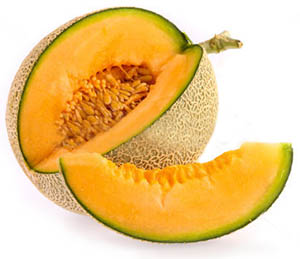
Seed HD Impact
Total Number
of Lots Tested
29
Total Countries
Tested
%
Percentage of
Clean Lots
Participating Companies
How to participate in the Seed HD program?
Who may participate? Seed importers who are bringing shipments of cucumber or melon seed in to the U.S., and have access to CGMMV testing:
- Companies that are accredited by the National Seed Health System (NSHS) or Naktuinbouw (NAL) may utilize their own accredited laboratory for seed health testing.
- Companies without appropriate accreditation may utilize outside laboratories that are recognized under the NSHAPP for CGMMV testing accreditation. Click here for a list of NSHS accredited labs.
To participate in the program, companies must provide a copy of their lab’s accreditation or identify the accredited lab they will be using for sample testing, and a written description of the seed disposal method they will use in the case of a positive find to the National Seed Health Coordinator at APHIS. The National Seed Health Coordinator will work with the company and local APHIS personnel to enroll the company in the program. The signed compliance agreement may be signed, scanned, and emailed or mailed to the National Seed Health Coordinator.
Seed HD Participation Requirements and Compliance Agreement
To participate in the program, companies must provide a copy of their lab’s accreditation or identify the accredited lab they will be using for sample testing, and a written description of the seed disposal method they will use in the case of a positive find to the National Seed Health Coordinator at APHIS. The National Seed Health Coordinator will work with the company and local APHIS personnel to enroll the company in the program. The signed compliance agreement may be signed, scanned, and emailed or mailed to the National Seed Health Coordinator.

